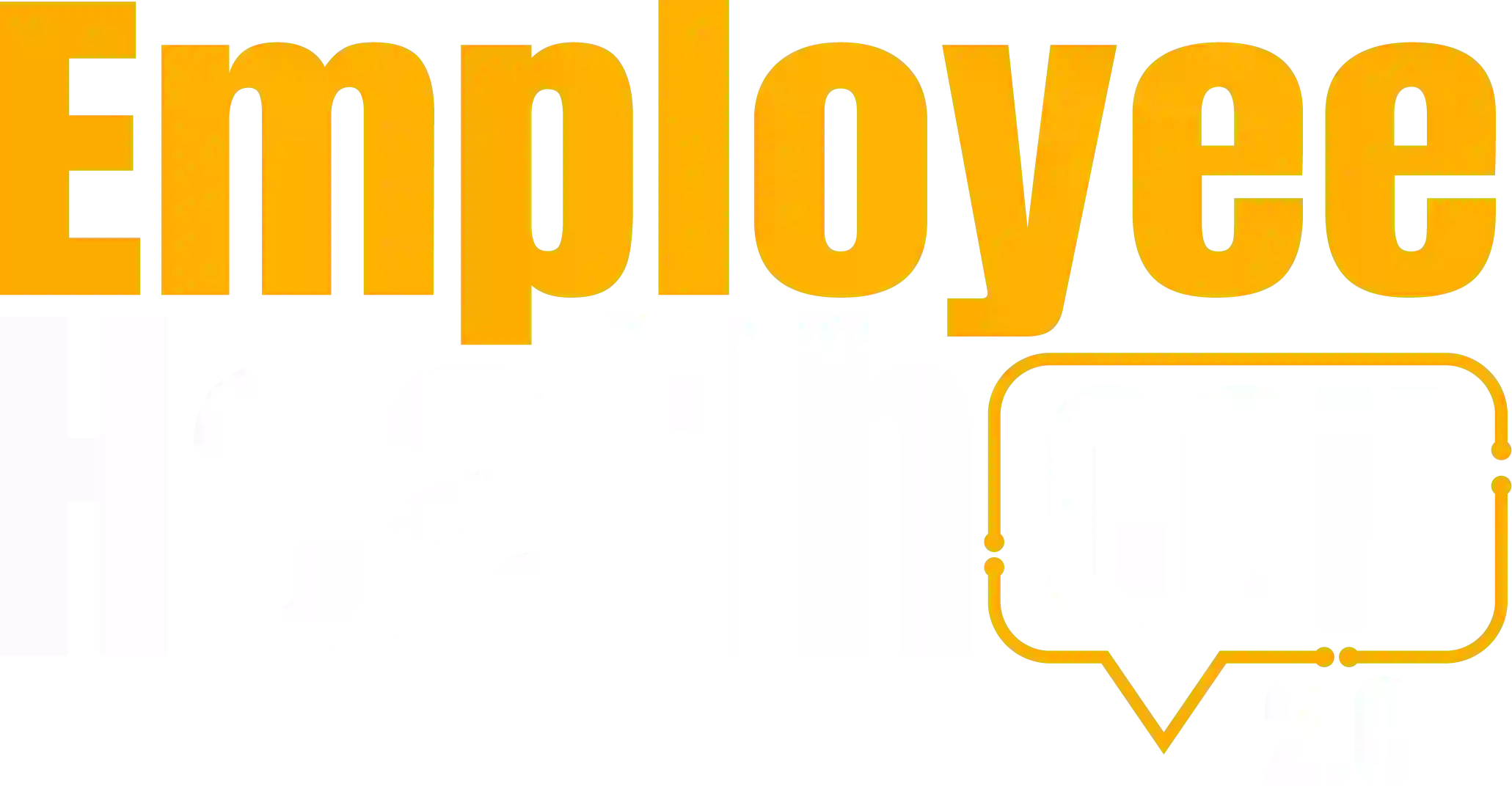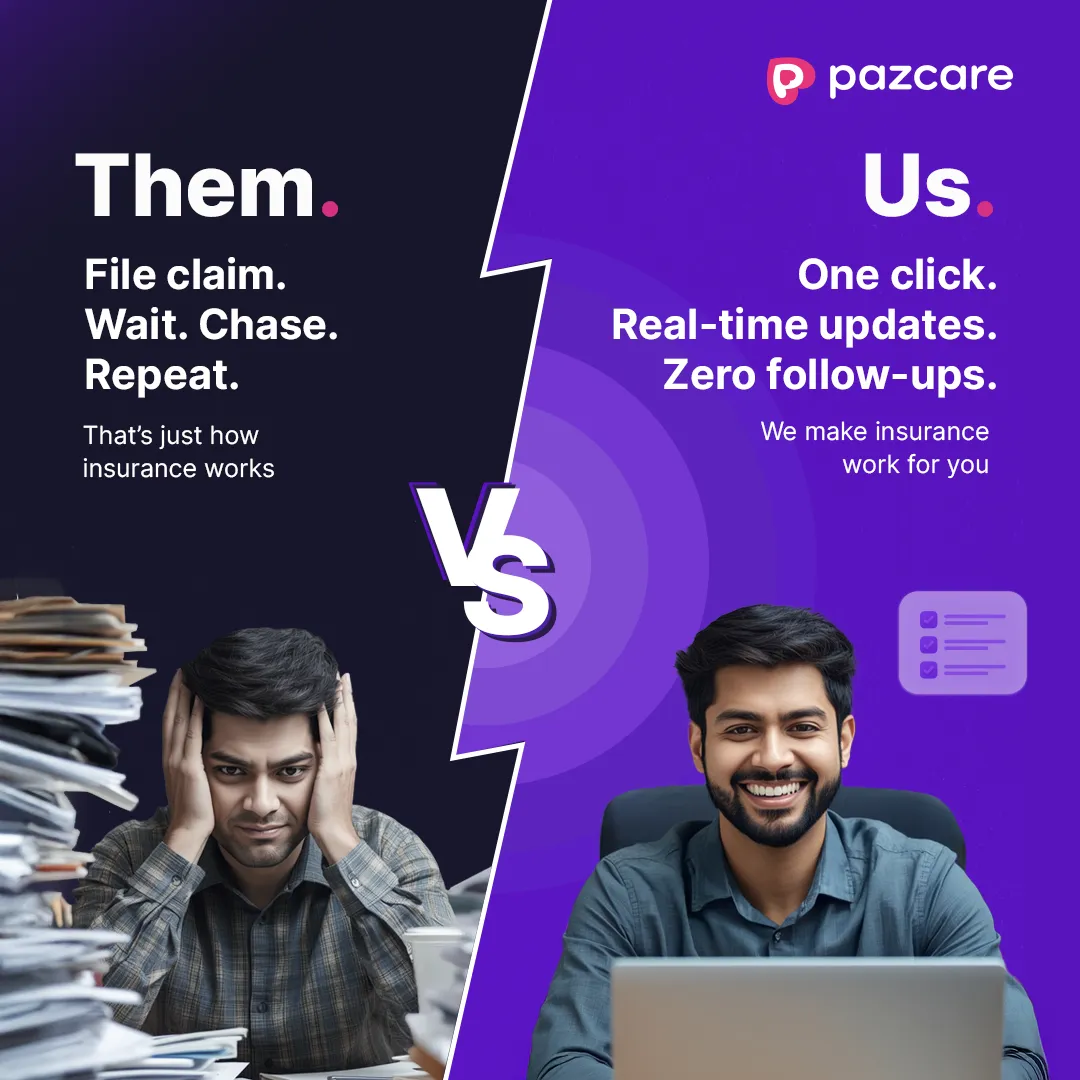A career break, also known as a sabbatical or a career hiatus, refers to a period of time during which an individual temporarily leaves their job or career to focus on other pursuits or take a break from their professional responsibilities. Career breaks can vary in duration, from a few months to several years, and they are typically taken for various reasons, such as personal development, travel, family responsibilities, education, or simply to recharge and reduce burnout. In today’s fast-paced work culture, career breaks are increasingly seen as a smart and healthy choice, not a setback.
Why Do People Take Career Breaks?
People may take career breaks for a variety of reasons, including:
- Personal Development: Some individuals use career breaks to pursue personal interests, hobbies, or passions, such as writing a book, learning a new language, or taking art classes.
- Travel: Traveling is a common motivation for taking a career break. People often use this time to explore different cultures, countries, and experiences.
- Education: Some individuals may go back to school or take courses to acquire new skills or earn additional qualifications during their career break.
- Family and Caregiving: Career breaks may be taken to care for family members, such as children, elderly parents, or a spouse in need of assistance.
- Health and Well-being: Sometimes, people take career breaks to focus on their physical or mental health, recover from an illness, or manage stress and burnout.
- Volunteering: Some individuals choose to spend their career break volunteering for charitable organizations or working on social causes they are passionate about.
- Entrepreneurship: During a career break, some people start their own businesses or pursue entrepreneurial endeavors.
Career breaks are increasingly recognized as valuable experiences that can contribute to personal growth, skill development, and overall well-being. However, they can also come with challenges, such as financial considerations and potential gaps in a resume. Therefore, individuals often plan and prepare for career breaks to ensure a smooth transition back to the workforce when they decide to return to their careers.
Are Career Breaks Bad for Your Resume?
Not anymore. Employers and HR leaders are becoming more accepting of breaks, especially when candidates can show they used the time meaningfully. However, preparation and framing still matter. Candidates should be ready to speak about their break confidently and transparently during interviews.
Benefits of a career break
1. Time for Personal Growth
A break offers space to reflect, pursue hobbies, travel, or learn new skills that enrich your personal life and broaden your perspective.
2. Improved Mental Health
Stepping away from constant work pressures helps reduce stress, prevent burnout, and improve emotional well-being.
3. Upskilling Opportunities
Many professionals use this time to take online courses, earn certifications, or attend workshops making them more competitive upon return.
4. Better Work-Life Balance
A career break allows you to reset your priorities, spend quality time with family, or fulfill caregiving responsibilities without guilt or stress.
5. Boosted Productivity (Post-break)
With renewed energy and clarity, employees often return to work more motivated, creative, and focused than before.
What questions to ask as an HR when there is a career break in a candidate's resume?
When interviewing a candidate who has a career break on their resume, it's important for HR professionals to ask thoughtful and sensitive questions that help them understand the reasons behind the break and assess the candidate's readiness to return to the workforce. Here are some questions you can consider asking:
- Can you explain the reasons for the career break?
This open-ended question allows the candidate to provide context for their break. It may be due to personal reasons, health, family, education, or other factors.
- What did you do during your career break?
This question helps you understand how the candidate utilized their time during the break. They may have pursued further education, volunteered, worked on personal projects, or gained new skills.
- How has your career break positively impacted your skills and experience?
Encourage the candidate to highlight any skills, experiences, or personal growth they gained during the break that could be relevant to the position they are applying for.
- Are you fully committed to returning to work now, and what steps have you taken to prepare for it?
This question assesses the candidate's commitment to rejoining the workforce and whether they have taken any steps to update their skills, knowledge, or qualifications.
- How do you plan to address any potential gaps in your work history on your resume?
Encourage the candidate to discuss how they plan to present their career break in a positive light and address any concerns about employment gaps.
- Can you provide references or recommendations from your previous employer or colleagues before the career break?
References can help validate the candidate's qualifications and work history, even if there's a career break.
- Are there any specific skills or knowledge areas you feel you need to refresh or update before starting this role?
This question helps determine the candidate's self-awareness regarding areas where they may need additional training or support.
- How do you handle periods of stress or extended leave, and what strategies do you use to manage work-life balance?
Understanding the candidate's coping mechanisms and work-life balance strategies can provide insight into how they may handle challenges in the future.
- Can you describe a situation from your previous work experience that demonstrates your ability to adapt and quickly get up to speed after a break?
This behavioral question allows the candidate to provide an example of their adaptability and readiness to return to work.
- What interests you about this role, and how does it align with your career goals now that you're returning to work?
This question helps assess the candidate's motivation and alignment with the position they are applying for.














.webp)




.svg)
.svg)